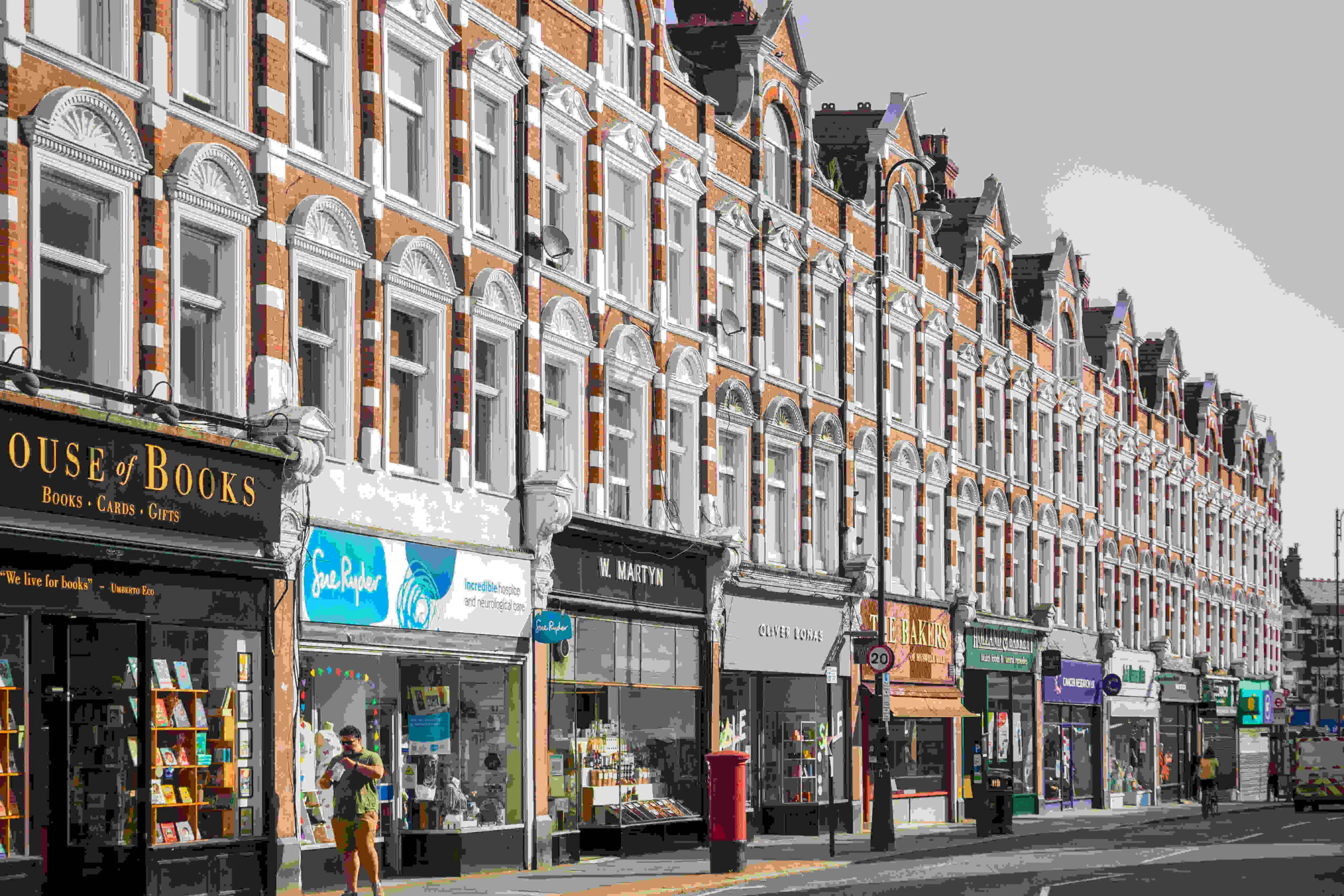Why commercial property tenants need to understand energy efficiency regulations

Life can be challenging for SMEs or microbusiness owners in London, with so much to deal with on a daily basis. If you’re a commercial property tenant, one of these challenges is understanding what building energy efficiency means for you. The Minimum Energy Efficiency Standards (MEES) regulations primarily affect landlords. However, you should still learn about them as they can indirectly impact you and the success of your business, as the property’s occupier.
Here’s some advice about what you need to know and why.
Aligning with environmentally conscious values
If you’re a business owner who puts sustainability at the forefront of your business strategy, you need to understand the regulations so you know which property to lease. Energy-efficient buildings may cost more to lease in the short term, but not compared to retrofitting an existing building to ensure it’s compliant. Either way, you can include the costs as part of your budgeting. Leasing a more sustainable property is likely to attract customers who align with your values. What’s more, if you want to apply for business grants, you may need to provide evidence of your sustainability credentials. The more sustainable your property, the more likely you’ll be able to secure money.
Lease renewal
When a commercial property lease comes up for renewal, landlords may need to make energy efficiency improvements to the property if it falls below the minimum EPC rating of E. This may cause disruption for you, but better efficiency can increase your comfort and reduce operating costs so it’s worth asking your landlord about this when you negotiate your lease. You could also leverage the energy efficiency of a property during rent negotiations, advocating for improvements and evidence of improvements before agreeing to the lease terms. If your landlord plans to make a lot of changes, this can impact how you use the property so make sure you’re fully aware of their plans.
Team up with landlords
To make sure your business is as sustainable as possible, why not work with your landlord to find solutions which benefit you both? You can share the cost of upgrades, such as improvements to lighting, HVAC systems, insulation or the installation of energy-efficient appliances. Sharing both the investment and benefits can strengthen your lease negotiations as you’ll be offering your landlord an incentive to agree to your terms. Also, having a positive, mutually beneficial relationship with your landlord is valuable to you both in general.
Impact on sub-leasing
Non-compliance with MEES regulations could impact a property’s availability for lease. So, if you’re planning to sub-let but the building doesn’t meet standards, you could face problems, which can heavily impact the continuity of your business. Also, if the landlord needs to make changes to the property, you’ll need to understand what these are in preparation for finding your own tenants.
Hikes in costs to you
Non-compliance of MEES regulations could lead to penalties for your landlord, who could pass those costs to you as the tenant. By being well-informed you can be proactive about engaging with landlords to ensure that necessary improvements are made, and preventing unexpected expenses.
Attracting certification
Finally, if you’d like to apply for a reputable sustainability certification or accreditation, knowing what your landlord is planning for your building is essential, and you’ll need to be very selective about the property you lease. Understanding issues like energy efficiency may not be high up on your list of priorities (we get it – there’s a lot to think about), but hopefully this article will help you build a thriving, sustainable business.
For more free advice for commercial property-related matters, sign up for the Property Advice Service, which offers webinars, one-to-one sessions, events and more!



